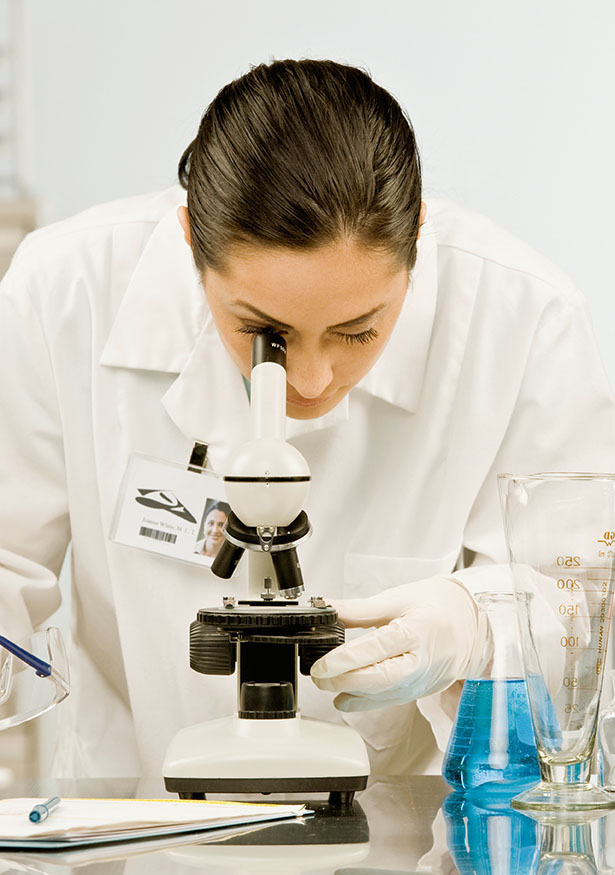- Introduction to QbD and Critical Quality Attributes
- Bioassay Development, Validation and Control
- Statistical Methods and Data Analysis
- Design of Experiments
- Analytical Method Development and Validation
- Stability Analysis
- Process Control Design using SPC/PAT
- Nonlinear Modeling (Dose Response, Relative Potency)
Design of Experiments
The course covers both basic and advanced concepts for the design and analysis of experiments. The course requires 16 hours of instruction.
Course Objectives
1. Select factors and responses for experiments.2. Design experiments appropriate for the information of interest.
3. Use and apply the structures of orthogonal arrays for product and process development and problem solving.
4. Ensure the experimental design is efficient.
5. Use regression techniques in order to analyze the results and make process/product improvements.
6. Use JMP software to design and analyze experiments.
Attendees
This course is required for all scientists, engineers and quality professionals who actively work on all aspects of discovery, product and process development where the goal is to characterize, optimize and improve product and process performance.
Prerequisites
There are no prerequisites for this course.

Section 1: Introduction to DOE
Section 2: Experimental Preparation
Section 3: Full Factorial Designs
Section 4: Screening Designs
Augment design
Section 5: Custom Designs
Generating custom designs Evaluating custom designs Analysis of custom designs Simulation for full distribution modeling Strategies to minimize experimental size Adding covariate and uncontrolled factors Life or repeated measures experiments Disallowed combinations (nested DOEs) Split Plot designs Adding dummy variables Blocking designs Mixtures in custom designs Setting constraints in a DOE
Section 6: Response Surface Designs
Section 7: Special Topics In DOE (optional)
Supersaturated designs
Strip plot designs